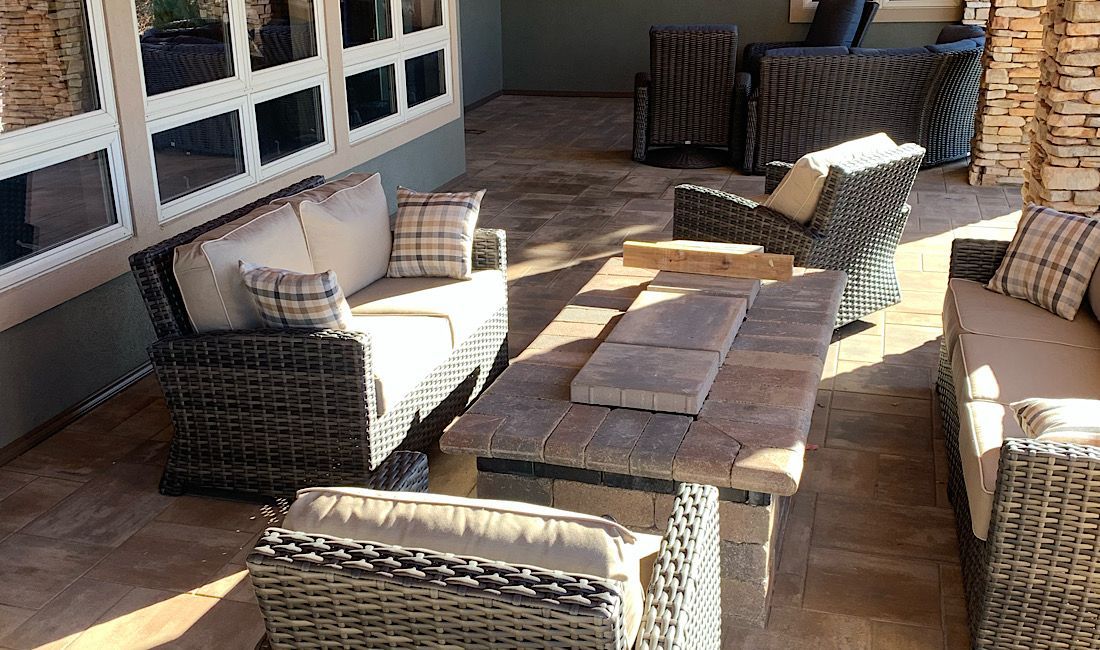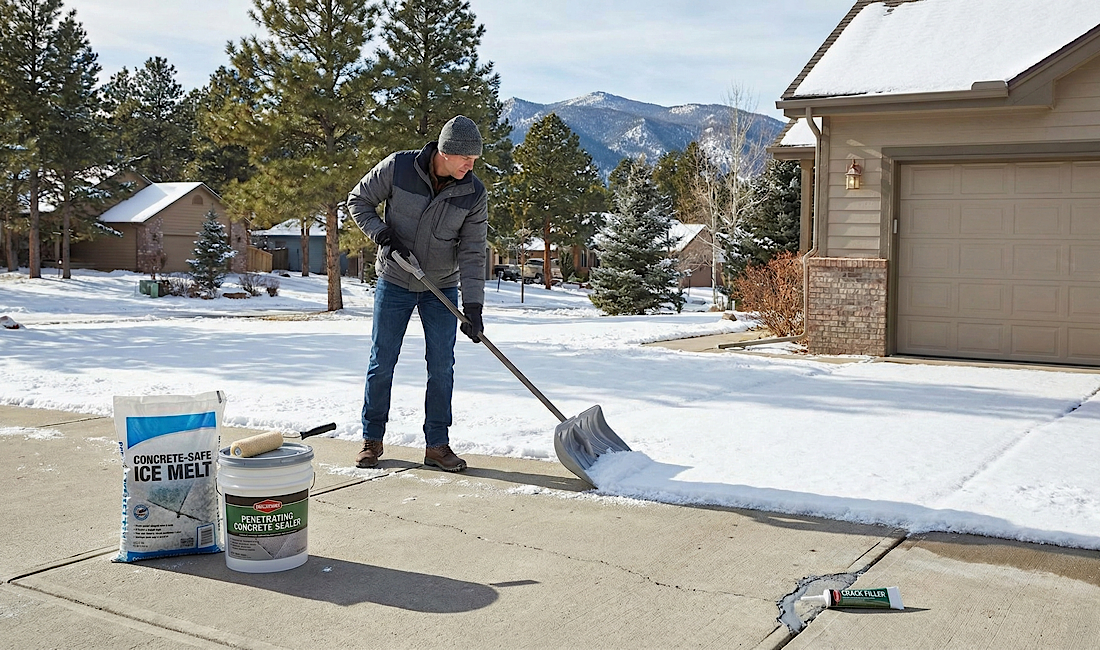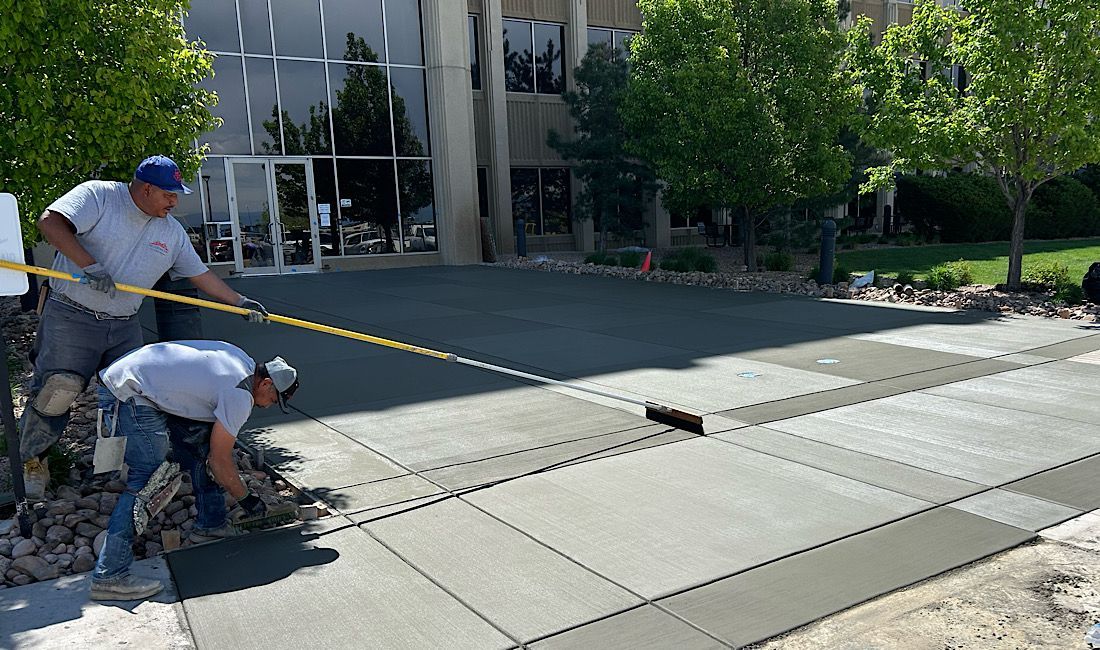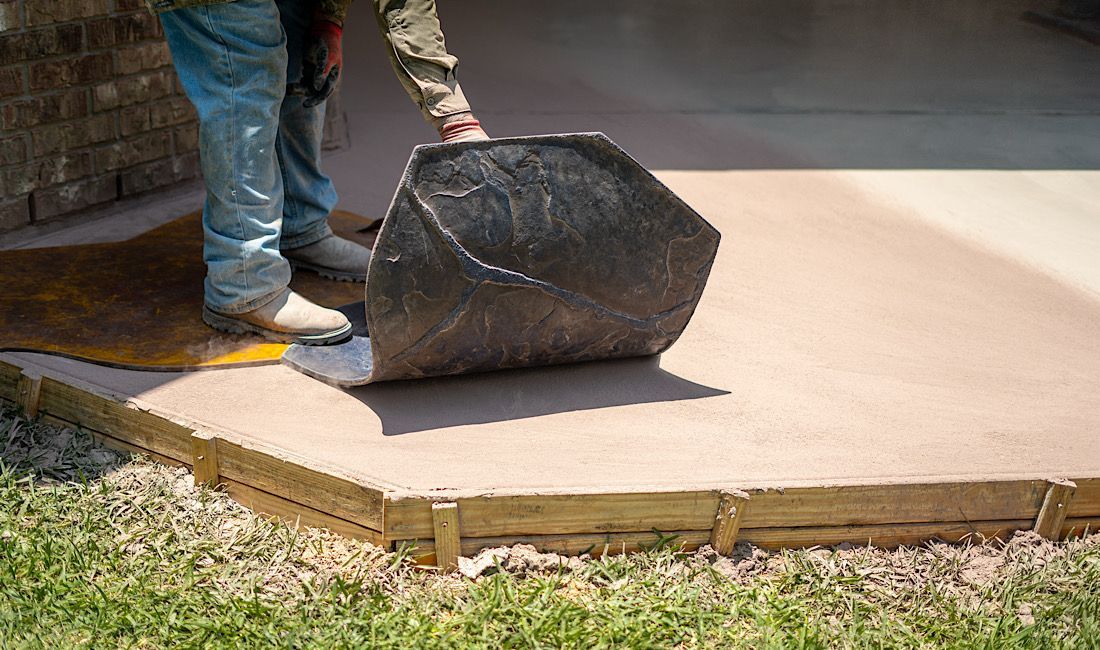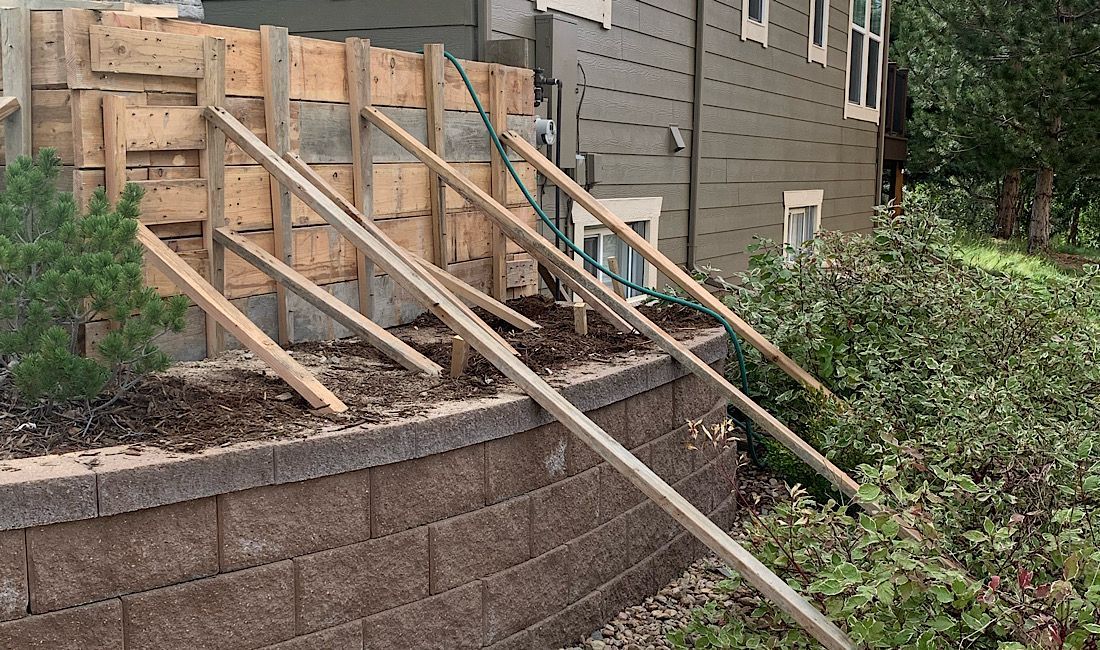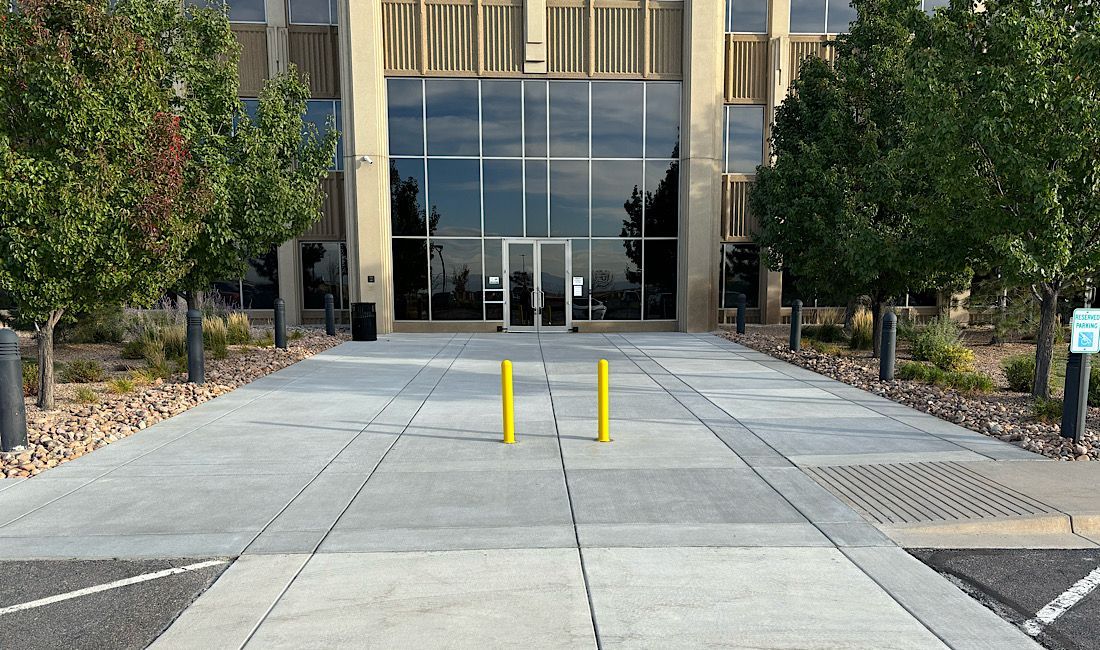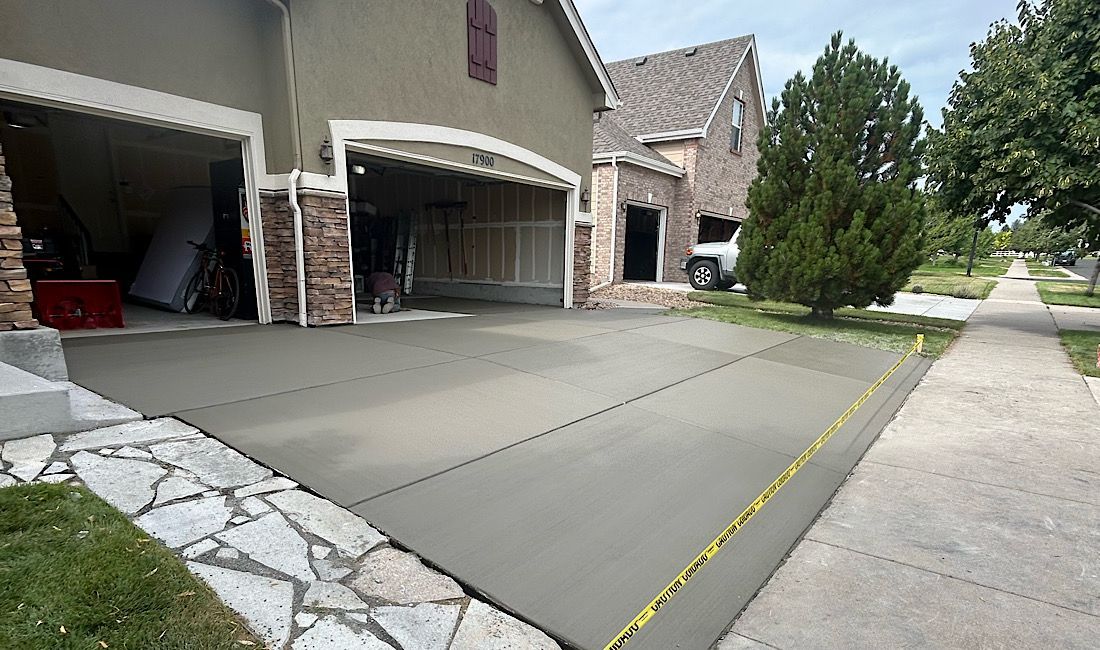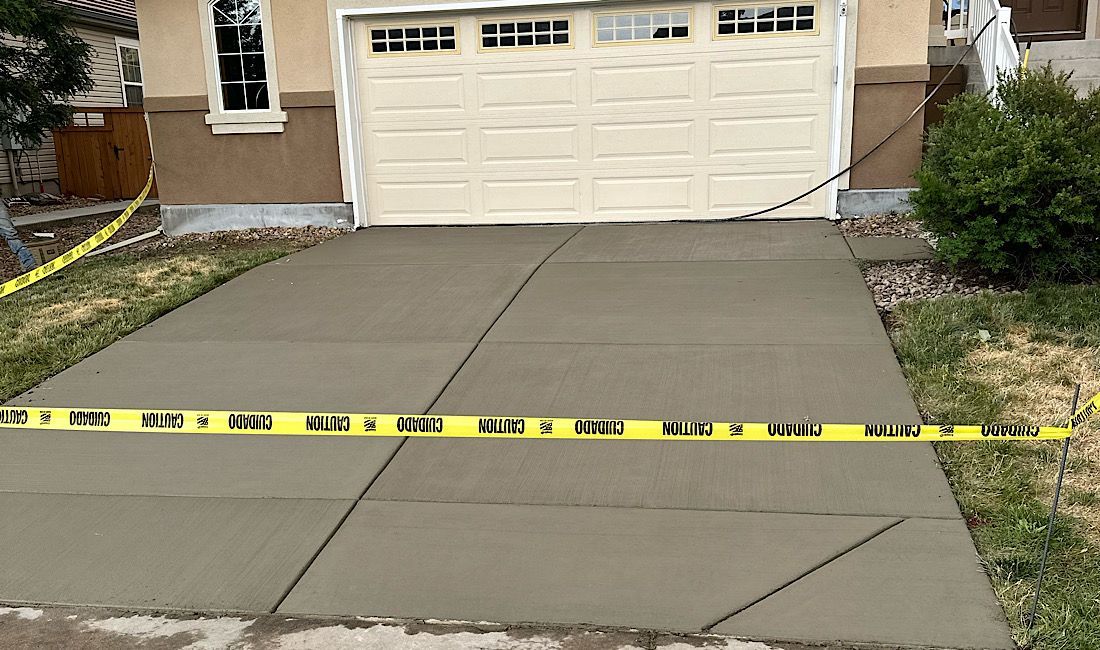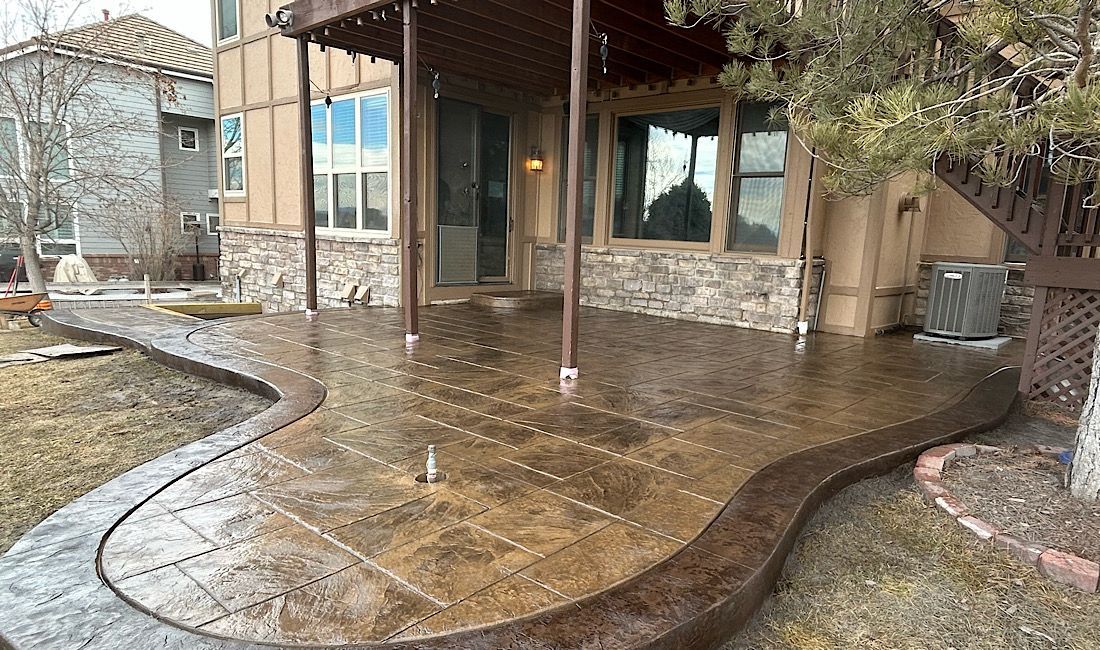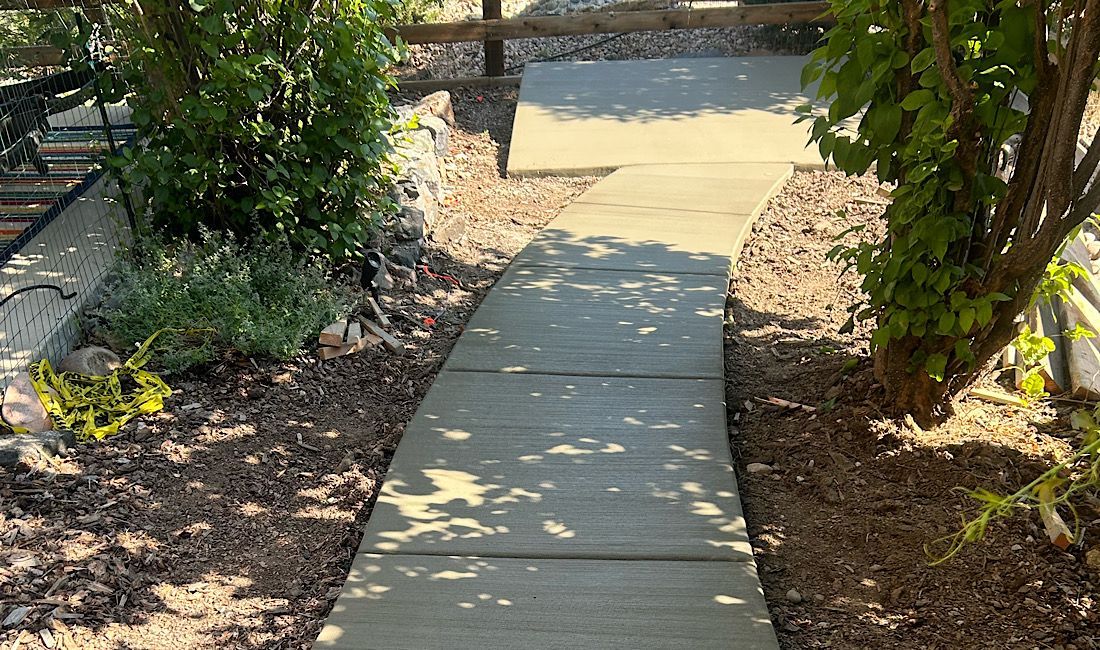Concrete is one of the most durable building materials, but even in well-built homes, driveways, patios, and walkways eventually show wear. Cracks, chips, and surface discoloration are common in Castle Rock due to the area’s freeze-thaw cycles, clay-heavy soils, and sun exposure at high elevation. For many homeowners, the first question that arises is whether to tackle concrete repairs themselves or hire a professional.
At first glance, DIY concrete repair might seem like the most cost-effective option. Hardware stores offer patch kits, sealants, and resurfacing materials marketed to homeowners who want a quick fix. On the other hand, professional contractors bring experience, tools, and specialized materials to ensure repairs last. Understanding the pros and cons of each approach helps Castle Rock homeowners make confident decisions and avoid costly mistakes.
Why Castle Rock Homes Experience Concrete Damage
Before weighing DIY versus professional repairs, it helps to know why concrete surfaces in Castle Rock are especially vulnerable:
- Freeze-Thaw Cycles: Water seeps into small cracks, freezes overnight, and expands, making cracks worse.
- Soil Movement: Expansive soils in the region swell when wet and shrink when dry, causing slabs to shift or settle.
- De-Icing Salts: Winter maintenance often involves salts that accelerate surface scaling and spalling.
- Sun Exposure: Strong UV rays fade concrete finishes and weaken sealants more quickly than in lower elevations.
With these local challenges, the quality of repair—whether DIY or professional—matters greatly to the long-term outcome.
The DIY Approach to Concrete Repairs
DIY concrete repair appeals to homeowners who enjoy hands-on projects and want to save money on labor. For small cosmetic fixes, DIY can be an effective option.
Common DIY Repair Methods
- Crack Fillers and Sealants: Homeowners can fill hairline cracks with store-bought sealants or epoxy injections. These are best for cracks under ¼ inch wide.
- Patching Compounds: Small chips or surface pits can be filled with patching cement, available in premixed kits.
- Resurfacing Kits: For driveways or patios with widespread surface damage, homeowners can apply a thin overlay of resurfacer using a squeegee or trowel.
- Stains and Sealants: DIY sealing or staining projects refresh concrete’s appearance and add a layer of protection.
Advantages of DIY Repairs
- Cost Savings: Materials are relatively inexpensive. Crack filler kits often cost less than $50.
- Convenience: Homeowners can schedule repairs at their own pace.
- Learning Experience: Many DIY enthusiasts enjoy the process of improving their homes.
Limitations of DIY Repairs
- Durability: DIY materials are not as strong as professional-grade mixes, which means repairs may fail after one or two seasons.
- Surface Preparation Challenges: Proper cleaning, grinding, or etching is essential but often overlooked in DIY repairs.
- Lack of Structural Support: DIY kits rarely address underlying soil settlement or reinforcement issues.
- Aesthetic Concerns: Achieving a seamless match in color and texture is difficult without professional tools and experience.
For small, surface-level fixes, DIY can work. But for anything more complex, the limitations quickly become evident.
Professional Concrete Repairs
Hiring a professional contractor offers long-term benefits, especially for structural or widespread damage. Companies like Creteworx in Castle Rock specialize in assessing the root cause of concrete issues and applying durable, tailored solutions.
Common Professional Repair Methods
- Slab Jacking (Mudjacking or Polyjacking): Restores uneven slabs by injecting material beneath the concrete to lift and level it.
- Epoxy Injections: High-strength materials bond cracks together and restore structural integrity.
- Concrete Resurfacing: Professionals apply polymer-modified overlays for a durable, uniform surface.
- Reinforced Repairs: Contractors address underlying soil or drainage issues to prevent recurring problems.
- Decorative Upgrades:
Stamped concrete, stained, or polished finishes not only repair but also enhance the overall look.
Advantages of Professional Repairs
- Long-Term Durability: Repairs are built to withstand Colorado’s climate and heavy use.
- Expert Diagnosis: Professionals identify whether cracks are surface-level or signs of structural movement.
- Aesthetic Quality: Professionals blend repairs with existing concrete for a seamless appearance.
- Time Efficiency: What might take a homeowner a weekend, a crew can often complete in a few hours.
- Value Add: Professional work increases property value and reassures potential buyers.
Limitations of Professional Repairs
- Cost: Hiring a contractor is more expensive upfront, with costs ranging from a few hundred to several thousand dollars, depending on the scope.
- Scheduling: Homeowners may need to coordinate with the contractor's availability.
Despite these limitations, professional repairs provide lasting results, which often save money in the long run.
Comparing DIY vs Professional Concrete Repairs
When deciding between DIY and professional repairs, Castle Rock homeowners should consider several key factors:
- Cost: DIY repairs are less expensive upfront, often ranging from $50 to $300 for materials. Professional repairs, depending on the scope, can range from $500 to $5,000 or more.
- Durability: DIY fixes usually last one to two years, while professional repairs can last 10–20 years.
- Scope of Work: DIY is best for minor cosmetic issues, while professionals handle both cosmetic and structural damage.
- Aesthetic Results: Professionals achieve a more seamless match in color and texture.
- Time Commitment: DIY repairs may take homeowners a weekend, while professionals often finish in a single day.
- Value Added: Professional work boosts property value and increases buyer confidence, while DIY typically has little impact on resale.
For Castle Rock homeowners, the choice depends on the type of damage, budget, and long-term goals.
When DIY Makes Sense
DIY is a good choice when:
- Damage is limited to small cracks or chips.
- The repair is cosmetic rather than structural.
- The homeowner enjoys hands-on projects.
- Budget is the primary concern.
When to Call a Professional
Professional repairs are the better option when:
- Cracks are wider than ¼ inch or are spreading.
- Slabs are uneven or sinking.
- The driveway, patio, or walkway is a key feature for resale value.
- Long-term durability is a priority.
- The homeowner wants decorative or high-quality finishes.
Tips for Castle Rock Homeowners
- Inspect Seasonally: Look for cracks or spalling after winter, when freeze-thaw damage is most severe.
- Maintain Drainage: Keep gutters clear and ensure downspouts direct water away from concrete.
- Seal Regularly: Apply a high-quality sealer every 2–3 years to protect against water and salt damage.
- Choose Wisely: Weigh the pros and cons of DIY versus professional help before beginning a project.
Frequently Asked Questions About DIY vs Professional Concrete Repairs
Can I repair concrete cracks myself?
Yes, small cracks can be filled with DIY sealants. However, larger cracks or structural damage usually require professional attention.
How much money can I save with DIY repairs?
DIY repairs often cost under $100 for materials. However, if repairs fail, you may end up spending more by redoing the work or eventually hiring a professional.
Are professional concrete repairs worth the investment?
Yes. Professional repairs typically last much longer, enhance property value, and provide peace of mind compared to temporary DIY fixes.
How long do professional repairs last?
Depending on the method and maintenance, professional repairs can last 10–20 years or more.
Is DIY resurfacing a good idea?
DIY resurfacing is possible but challenging. Without proper surface preparation, overlays may flake or peel within a year. Professional resurfacing provides a much more reliable finish.
Can decorative finishes be added during repairs?
Yes, professional contractors often combine repairs with decorative stamping, staining, or polishing to improve both function and aesthetics.
Final Thoughts for DIY Enthusiasts
Castle Rock homeowners who enjoy DIY projects may feel confident tackling small, cosmetic repairs, but for lasting results, professional concrete repair is often the smarter investment. While DIY offers short-term savings, professional work addresses the root of the problem, ensures safety, and enhances property value.
Ultimately, the decision comes down to balancing cost, time, and long-term goals. For those who take pride in hands-on fixes, DIY can be rewarding. For homeowners who want peace of mind and lasting results,
calling in professionals like Creteworx is the most reliable path forward.
